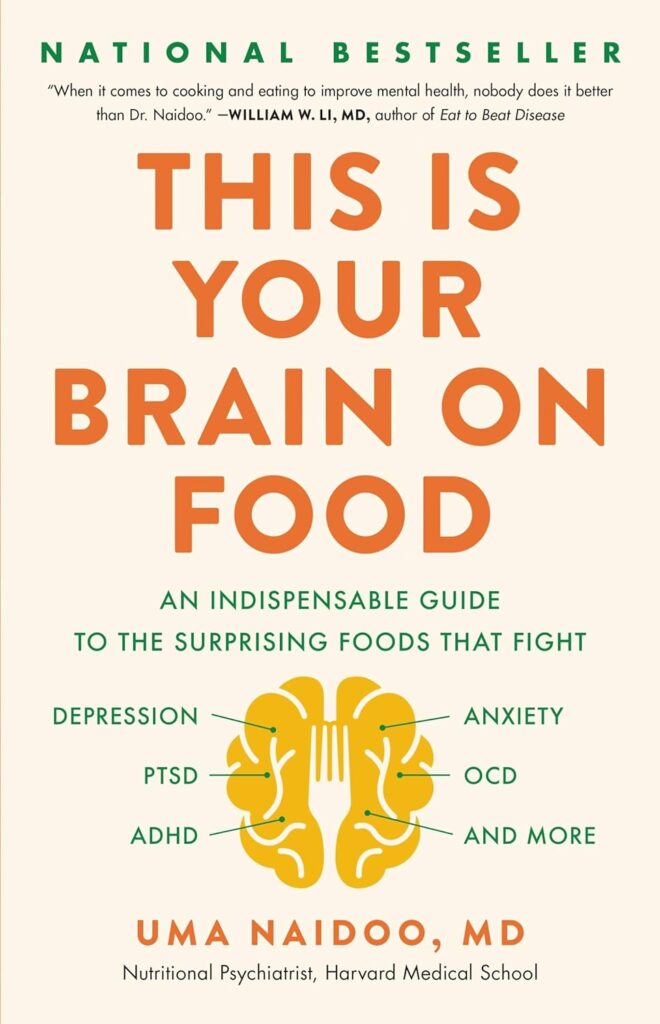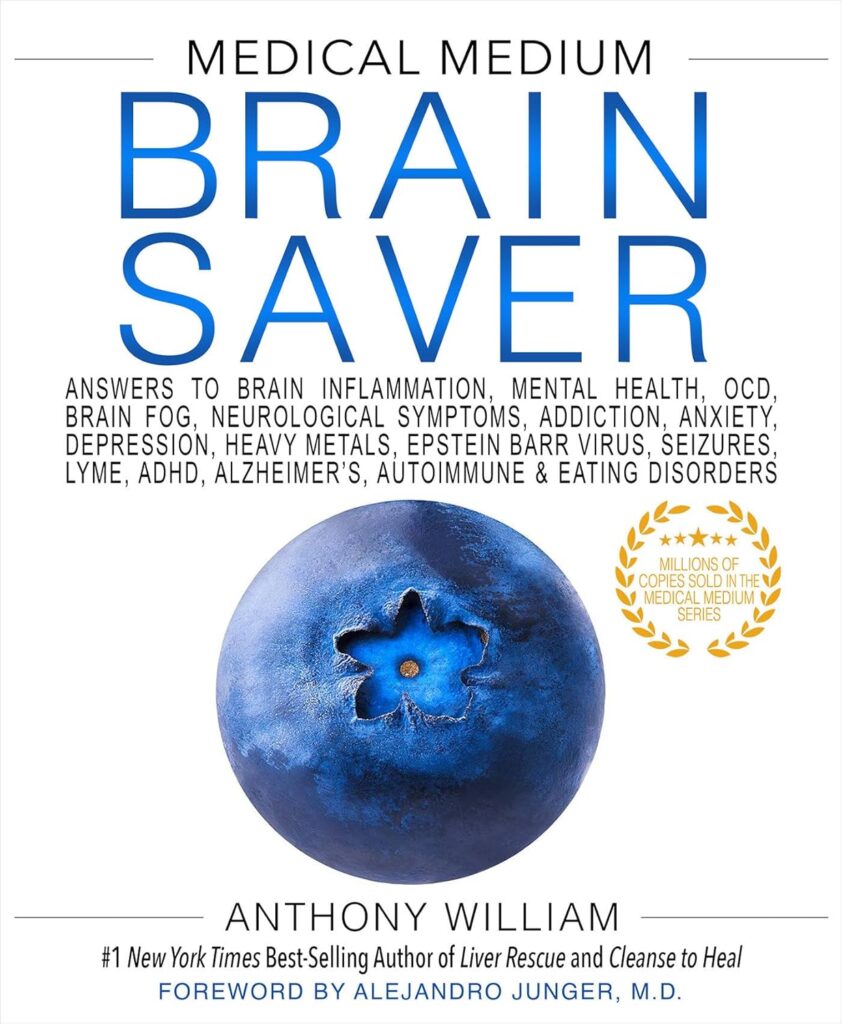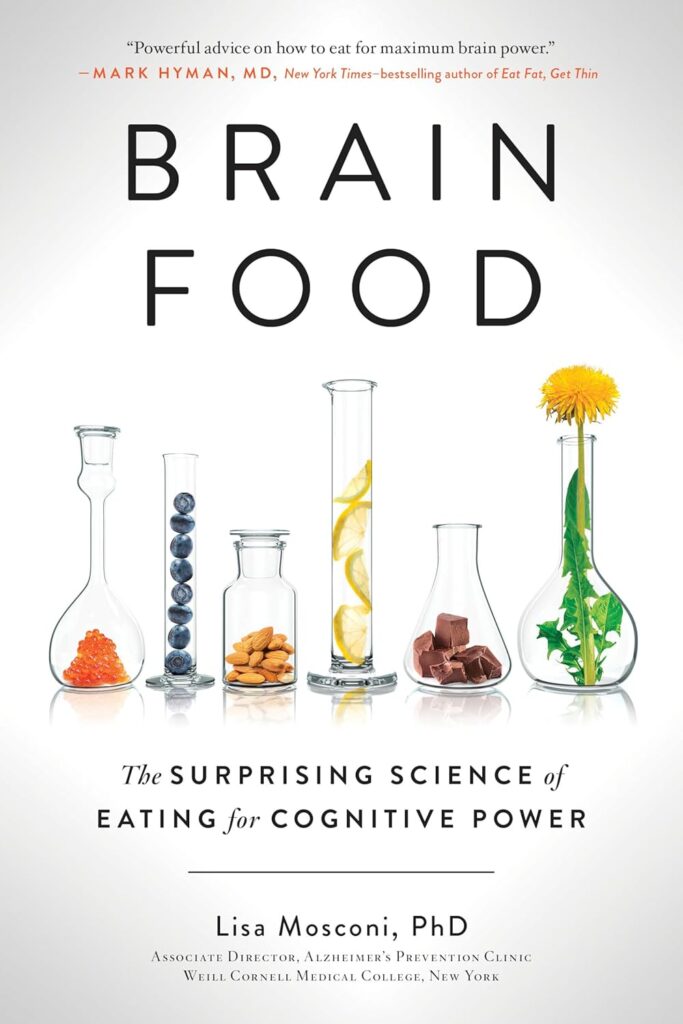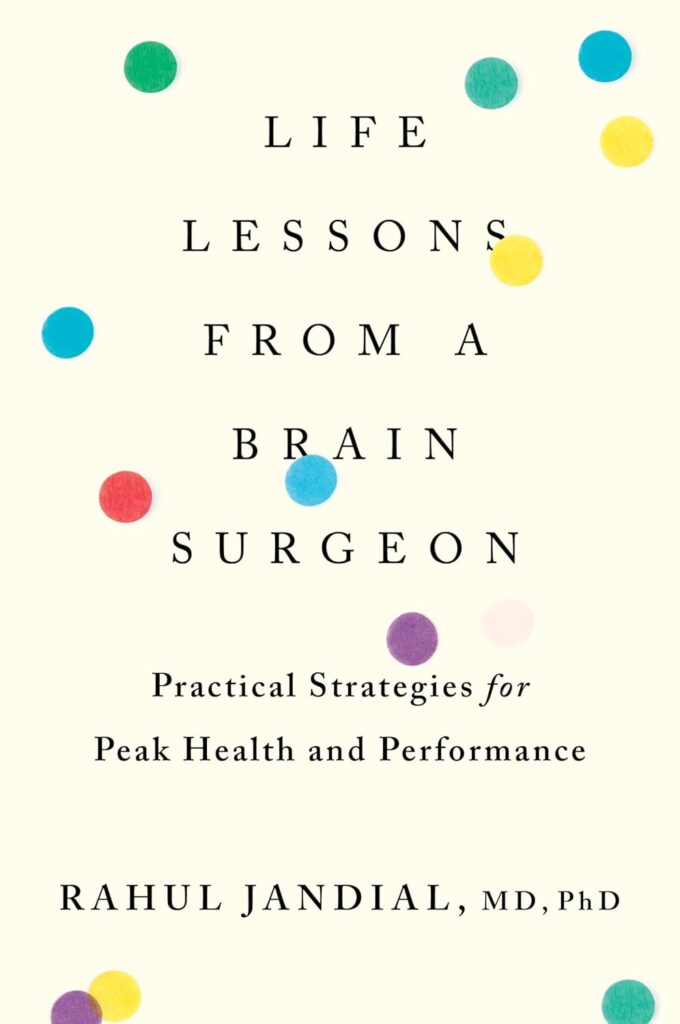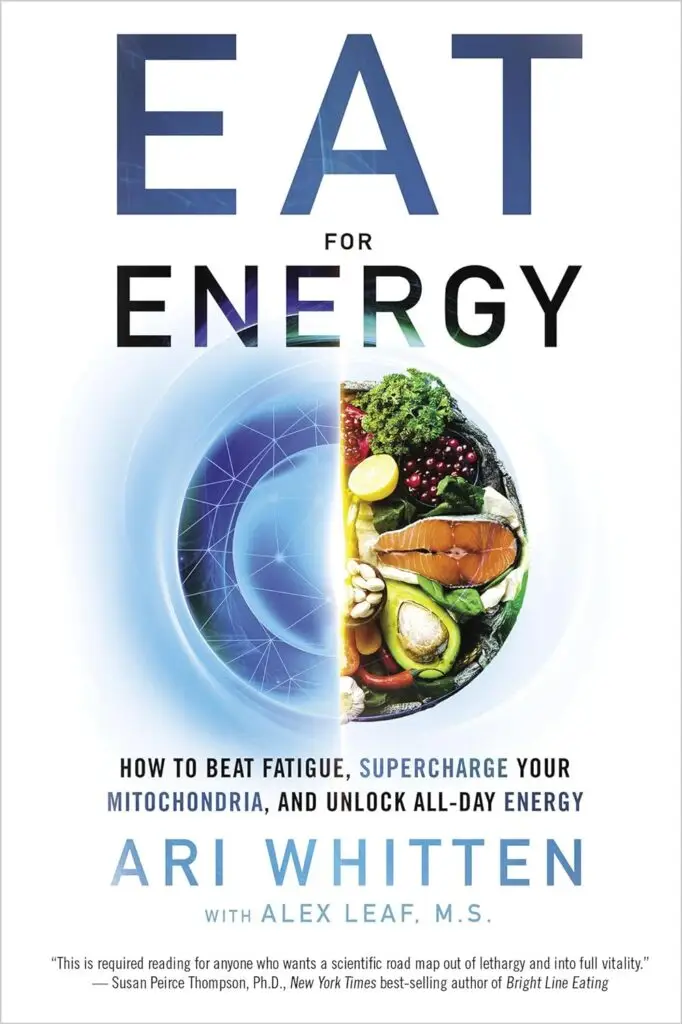Your brain is three pounds of tissue running the most advanced operating system on the planet. It decides how fast you learn, how sharp you stay under pressure, how creative you are when others stall. Most people treat their own brain health and cognitive performance like an afterthought. Then they wonder why focus slips, memory dulls, and energy collapses.
Neuroscience is clear: your brain is not fixed. It rewires daily. Connections strengthen or decay depending on what you feed it, how you stress it, and how you let it recover. Ignore it and you accelerate decline. Train it and you expand capacity. That is the leverage point.
Think of cognitive performance as a system with inputs and outputs. Poor sleep, junk food, chronic stress, endless notifications. That is sabotage. High-grade nutrition, oxygen, movement, targeted stimulation, recovery. That is fuel. The brain responds to conditions with ruthless precision. You either set the stage for clarity and speed or you engineer brain fog and slow decay.
The cost of neglect is brutal. Decline starts silently years before symptoms show: memory lapses, slower processing, mood instability. By the time it is obvious, you have already lost ground. But optimization flips the script. Techniques once reserved for peak performers (neurofeedback, smart supplementation, deep recovery, flow training) are now available to anyone willing to apply them.
Enhanced focus, faster decisions, sharper recall. These are not abstract benefits. They change how you work, how you compete, how you age. In a world that rewards speed and clarity, cognitive performance is not optional. It is the edge.
How to optimize cognitive performance
Proven strategies and supplements
Let’s be honest. Everyone wants the fastest way to feel sharper, more energized, and more mentally alive. Supplements are usually the first place people look because they promise an immediate kick. And in some cases, that expectation is justified. Certain compounds can rapidly enhance alertness, boost working memory, or support long-term brain health in ways that are both measurable and repeatable. The key is separating the few substances with strong scientific backing from the endless sea of hype, marketing, and placebo. Think of supplements as the accelerators. They can sharpen your performance quickly, but they only deliver sustained results if you also maintain the foundation of sleep, nutrition, exercise, and mental training. With that frame in mind, let’s break down the options that consistently move the needle.
Supplements for your brain that matter
Caffeine + L-Theanine. For most people, caffeine is the first nootropic they ever use. Coffee, tea, or pre-workout formulas deliver the boost, but caffeine alone can create jitteriness, anxiety, or a crash. Pairing it with L-Theanine, an amino acid naturally found in tea, creates a smoother, more sustainable effect. This combination improves focus, alertness, and reaction time while reducing the downsides of pure caffeine. It is cheap, widely available, and one of the few “stacks” validated by multiple studies. If you want a quick way to feel sharper without experimenting with exotic compounds, start here.
Creatine. Creatine is often overlooked as a brain enhancer. Yet the science is clear: creatine increases cellular energy by supporting the ATP cycle, and this matters as much for neurons as it does for muscles. Multiple trials show creatine supplementation improves short-term memory, reasoning ability, and mental endurance, especially under stress or sleep deprivation. Students, executives, and shift workers can all benefit. Unlike stimulants, creatine does not produce a sudden rush. Instead, it builds a stronger energy baseline that supports cognitive resilience.
Omega-3 fatty acids (EPA/DHA). The human brain is nearly 60% fat, and the types of fat you consume determine the fluidity and functionality of your neurons. Omega-3 fatty acids, especially EPA and DHA found in fish oil, are critical structural components of brain cell membranes. Deficiency is linked to cognitive decline, depression, and impaired memory. Supplementation has been shown to improve learning ability, support emotional balance, and provide long-term protection against neurodegeneration. Omega-3s are not a quick fix; they are insurance for decades of cognitive stability.
Lion’s Mane mushroom. Adaptogenic mushrooms have been used for centuries, but Lion’s Mane stands out for its potential to stimulate nerve growth factor (NGF). NGF is a protein essential for the growth and repair of neurons. Preliminary studies suggest that Lion’s Mane may support neuroplasticity, reduce mild cognitive impairment, and enhance long-term memory formation. While the evidence is still developing, the safety profile is favorable, and many users report subtle but noticeable improvements in clarity and recall over time.
B-Vitamins. B-complex vitamins (especially B6, B9, and B12) are co-factors in neurotransmitter synthesis and methylation processes critical to brain health. Even mild deficiencies can create fatigue, irritability, and cognitive slowing. Modern diets, especially in industrialized countries, often leave people with suboptimal levels. Correcting this gap is not glamorous, but it removes one of the most common hidden bottlenecks for focus and mental energy. Think of B-vitamins as the oil that keeps the gears turning. Without them, the machine grinds.
Adaptogens (Rhodiola, Ashwagandha). High performers live under stress, and stress destroys cognition if it is unchecked. Adaptogens are natural compounds that help the body regulate cortisol and maintain balance under pressure. Rhodiola improves fatigue resistance and mental endurance during long workdays. Ashwagandha reduces anxiety and stabilizes mood while also supporting hormonal balance. Neither gives you an instant jolt, but both build resilience — the capacity to stay sharp when the environment demands more than usual.
Supplements can provide leverage, but they are multipliers, not foundations. If the underlying system is weak, the returns stay limited. Which is why the second layer of optimization is strategy.
Core strategies for brain health
Sleep Optimization. Sleep is not a luxury, it is the primary maintenance system of the brain. During deep sleep, your brain consolidates memory, clears toxic byproducts through the glymphatic system, and resets neurotransmitter balance. Chronic sleep restriction reduces reaction time, impairs learning, and increases the risk of long-term neurodegeneration. The most effective cognitive hack available is to engineer a sleep schedule that is consistent, deep, and protected. Dark rooms, reduced evening blue light, and magnesium supplementation are practical first steps. Everything else builds on this.
Exercise. Movement is not just for the body. Aerobic and resistance exercise both elevate levels of brain-derived neurotrophic factor (BDNF), a protein that stimulates the creation of new neurons and strengthens existing connections. Regular training increases blood flow to the brain, enhances oxygen delivery, and improves executive function. In practice, this means sharper problem-solving, greater emotional control, and faster adaptation to stress. Skipping exercise while chasing “mental hacks” is like ignoring the foundation while decorating the roof.
Focused learning. The brain thrives on challenge. Every time you push yourself to learn a new skill, language, or instrument, you force the brain to lay down new neural pathways. This process — neuroplasticity — is the raw material of intelligence. Without novelty and deliberate practice, the brain stagnates, and cognitive decline accelerates. Structured learning, paired with review and spaced repetition, is one of the most reliable ways to expand your mental capacity.
Stress control. Cortisol, the body’s primary stress hormone, is useful in bursts but destructive in chronic elevation. Prolonged stress shrinks the hippocampus (critical for memory) and erodes prefrontal cortex function (decision-making, impulse control). Meditation, breathwork, and controlled exposure to stress (saunas, cold plunges, interval training) recalibrate the nervous system. The goal is not to eliminate stress but to train your brain to remain stable under pressure, preserving clarity when it matters most.
Nutrition. The brain consumes about 20% of the body’s total energy. Glucose spikes and crashes, micronutrient deficiencies, and dehydration sabotage mental clarity before you even notice. A stable diet rich in whole foods, minerals, and hydration provides the fuel for sustained focus. Ketogenic and low-carb strategies can also be useful for individuals who perform best with stable, non-fluctuating energy delivery. What matters most is consistency. A malnourished brain cannot be optimized.
Digital discipline. The modern environment is engineered to fracture your attention. Every notification, every ping, every algorithmically designed distraction chips away at deep focus. Cognitive performance today is as much about subtraction as addition. The individuals who dominate are those who learn to control their inputs, manage their digital environment, and reclaim long stretches of uninterrupted concentration. Guarding your attention is the 21st-century equivalent of building mental armor.
Optimization is not a single hack. It is a stack. The right supplement sharpens the blade. The right habit forges the blade itself. Together they shift you from surviving to performing, from gradual decline to sustained cognitive dominance.











